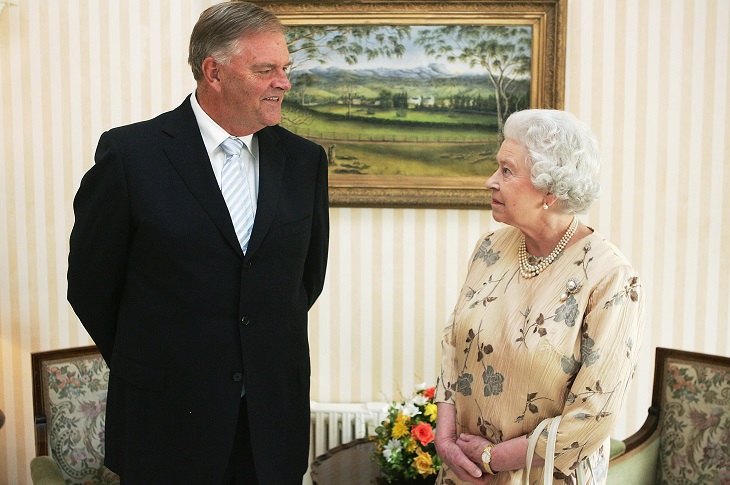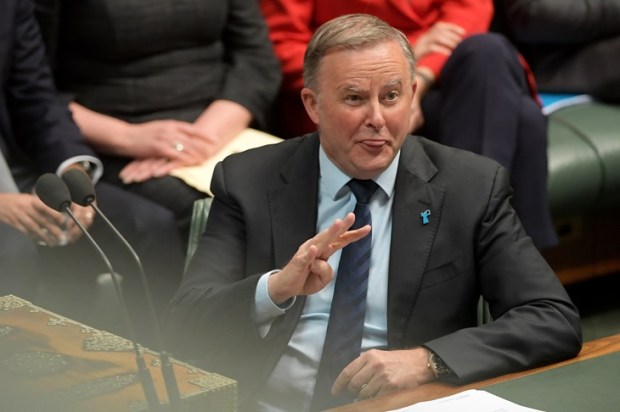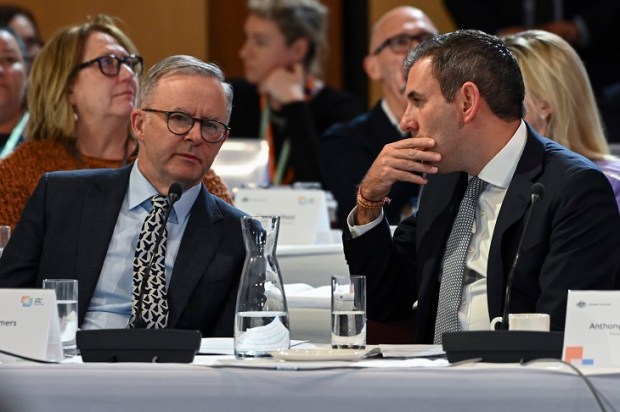There’s a desperate need, it seems, for an official Vice Regal Etiquette Manual.
But not one about how we should behave in the presence of a viceroy. Rather, a manual about how viceroys should behave, especially when they are appointed. More specifically what they should not say when appointed.
Frankly, it would be better if some of them said nothing and just smiled viceregally…
The basic rule is not to make political comments, not to be divisive, and to have no other agenda than to act as a worthy representative of and be a local version of the constitutional monarch.
These are presumably intelligent people. You’d believe they would think very carefully before they opened their vice-regal mouths.
A very recent example of viceregal foot-in-mouth arose on the announcement that Professor Margaret Gardner would be Victoria’s 30th Governor.
With the current referendum campaign, her first statement could not be anything else but political. The Australian reported that she declared that Indigenous sovereignty of the land in which she now represents Charles III as King and Sovereign, was ‘never ceded’. This is a divisive political issue.
This was when she was reciting the current fashionable and politically correct mantra which divides the audience into those who are purring, those who are quietly seething, and those who are just bored.
Professor Gardner inserted a crucial amendment to the standard mantra. ‘Let me begin,’ she said, ‘by acknowledging that we are standing here today on the unceded lands of the people of the Eastern Kulin-Nations and pay my respects to their elders past and present.’ (Emphasis is mine.)
Unceded?
She also unnecessarily advised the audience that she was a ‘republican’, without immediately explaining what sort of republican she was. Was she, as Justice Michael Kirby wrote in the monarchist Charter, an adherent of the present crowned republic? Or did she favour the republican movement’s preferred model of a politicians’ republic, one where the check on the politicians in the form of the reserve powers is removed?
According to The Australian, she said: ‘I am actually a republican, personally, but I recognise that we are living, currently, in a constitutional monarchy and we will do so until such time as the people decide otherwise.’
She added that the current role of governor was ‘much different’ from when it was originally conceived. She then gave an assessment that would provoke debate and requests for clarification.
‘Subject to changes in legislation that were made a few decades ago, the governor is not subject to following the advice, or subject to the veto of the King, so even our roles of government are different now from when we were first a constitutional monarchy, and I think that shows that Australia can learn and can change and may change the way these roles are understood in the future,’ she said. ‘But I am here to serve the role as it is now, in the terms of the Constitution that we have now, and as I said, I’ll do my very best.’
Mr Andrews admitted that he had not told King Charles that he had recommended the appointment of a republican. He should have, not that the King would have rejected his advice.
‘I didn’t necessarily broadcast that fact,’ said Victorian Premier Daniel Andrews. ‘There are many different views, many different opinions, but we have constitutional arrangements, and we have to choose the best person at this time, and I think Professor Margaret Gardner as the 30th Governor of Victoria is the best person for this job.’
It seems the foot-in-mouth disorder also strikes some Governors as they leave office. Last year, outgoing WA Governor Kim Beazley, said he would again advocate for Australia to become a republic. Perhaps he will, but couldn’t he at least wait for a decent time to pass from his holding office? Indeed, there are those among us who believe that becoming the King’s representative and making a prescribed oath of allegiance on appointment imposes a lifelong obligation of loyalty to the Crown.
An early example of foot-in-mouth was in the widely welcomed 2007 appointment of Rear Admiral Kevin Scarce as South Australian Governor.
According to reports in News Corporation newspapers, Rear Admiral Scarce was a republican. He said that it is up to the people to determine when, and in what form, Australia would become a republic, which is of course true. And as the SA Convenor of Australians for Constitutional Monarchy, Dr. Phillips said, ‘He will not be the first republican Governor. In 1989 Bill Hayden, said to be a ‘fierce republican’, was sworn in as Governor-General of Australia. Ten years later, he was among those strongly supporting the winning ‘No’ vote in the 1999 republic referendum. It may be that governor-designate Kevin Scarce, after more consideration, may come to the same conclusion.’
But there was one part of the governor–designate’s observations on becoming a republic reported by News Corporation which were, to say the least, unfortunate.
This was: ‘It is not the most critical issue on the agenda at the moment. When the time comes, I will be supporting Australia becoming a republic.’
This is as inappropriate as saying, for example, that he will be supporting the reform, repeal, or retention of the GST; or workplace legislation or the introduction or proscription of nuclear energy.
As his term was about to begin, Rear Admiral Scarce, unfortunately, struck the wrong and divisive note.
This was not the first occasion when a governor-designate succumbed to the foot-in-mouth disorder. The most inappropriate was in 2003 when the Tasmanian governor-designate, Mr Richard Butler, regarding The Queen’s views about Australia becoming a republic on ABC TV which he suggested she favoured.
Rear Admiral Scarce should have realised that as Governor of South Australia, and with the usual dormant commission to act as Administrator of the Commonwealth of Australia in the absence of the Governor-General, he could well be involved in any future referendum on a republic. As a result of his unwise comments, he could then be seen as politically involved.
The point surely is that if a person decides to accept the honour of becoming Governor, and swears the prescribed oath of allegiance, he should accept the obvious requirements of the office, and not be seen as politically divisive or having an agenda other than as a worthy representative of and as the local version of the constitutional monarch.
If ever in doubt, Governors and governors-designate should ask themselves what the late Queen or the new King would do. The late Queen’s record was impeccable and King Charles shows every sign of setting the same high example.
If they follow their examples, they will have no problems.
Got something to add? Join the discussion and comment below.
Get 10 issues for just $10
Subscribe to The Spectator Australia today for the next 10 magazine issues, plus full online access, for just $10.


























Comments
Don't miss out
Join the conversation with other Spectator Australia readers. Subscribe to leave a comment.
SUBSCRIBEAlready a subscriber? Log in